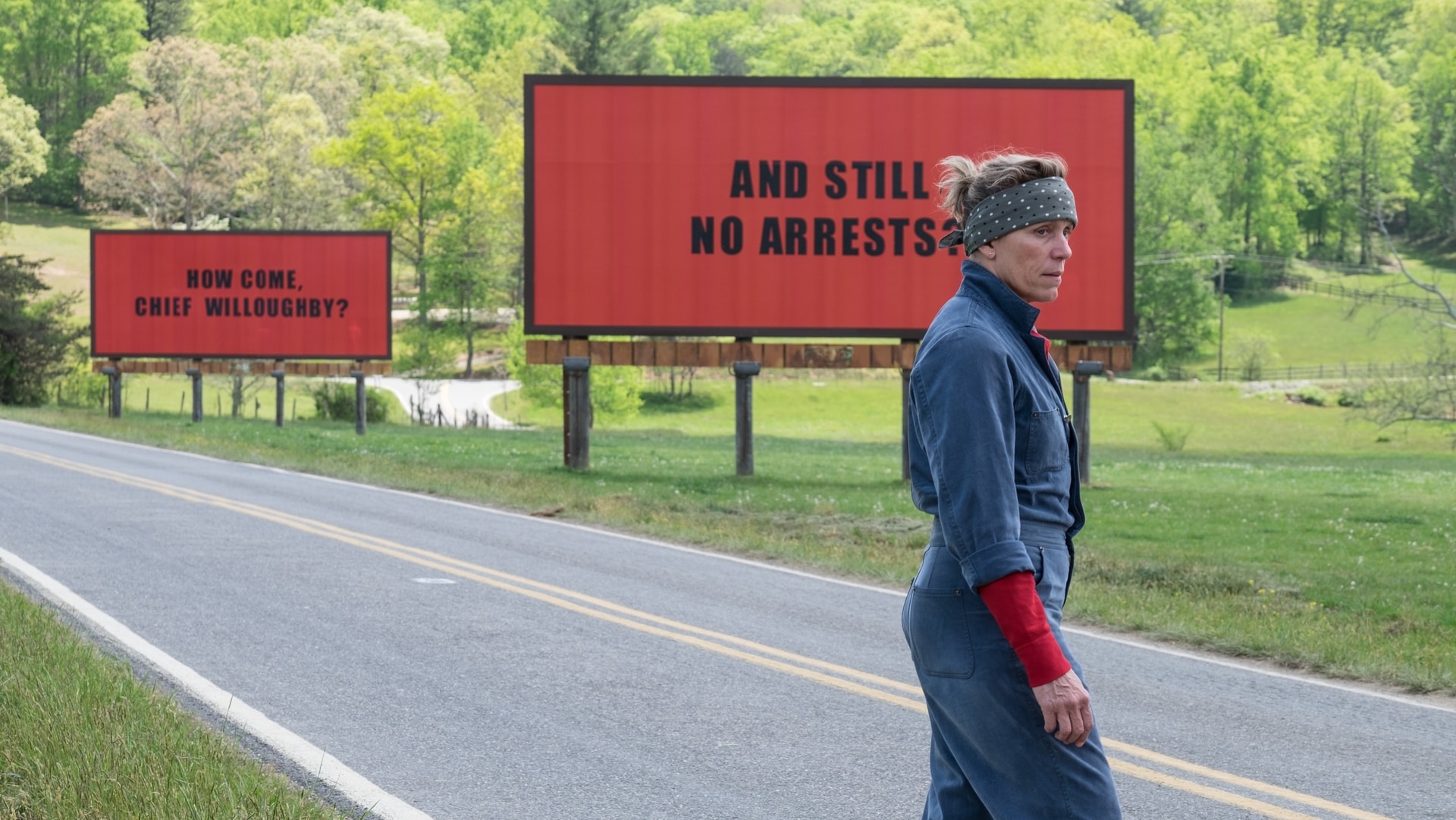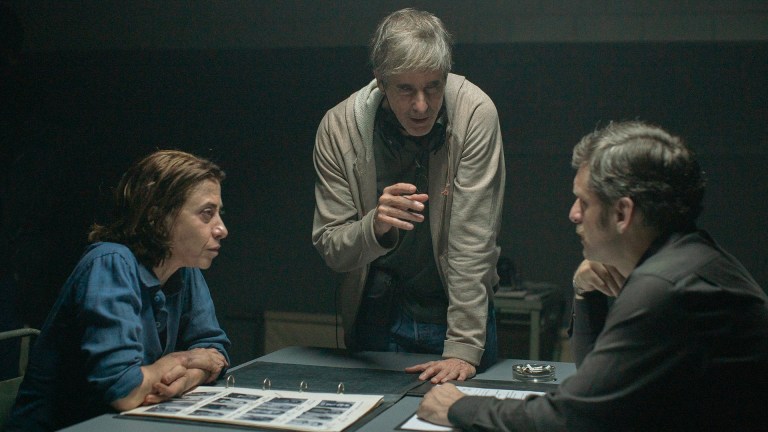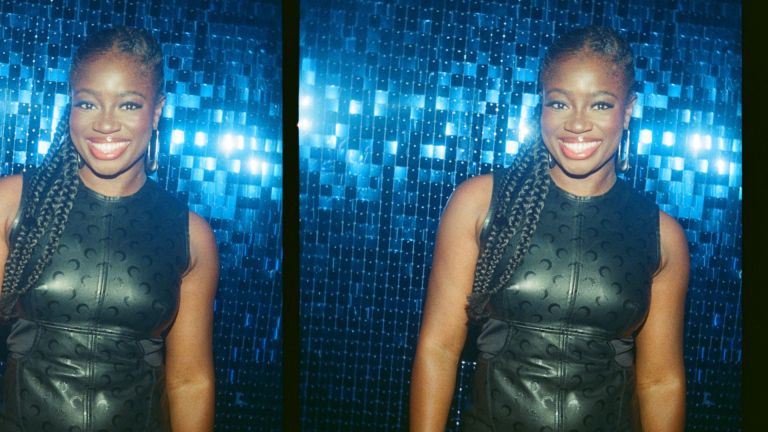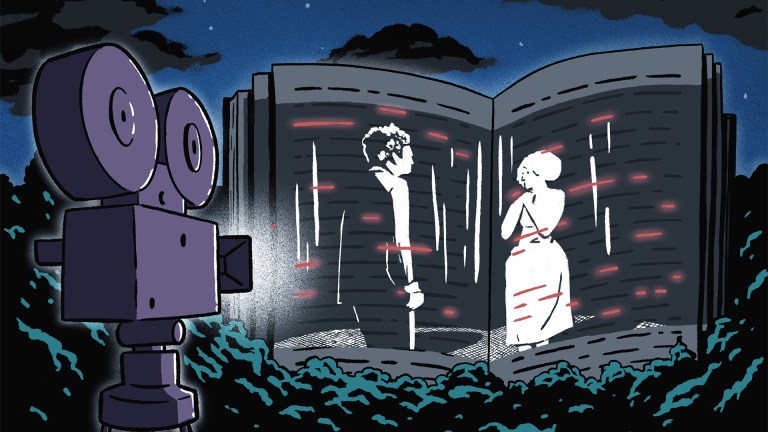One of this year’s leading Oscar contenders and winner of four Golden Globes is Three Billboards Outside Ebbing, Missouri, which is about three billboards posted outside the small (fictional) town of Ebbing in Missouri. While billboards don’t often get top billing in acclaimed dramas, they get able support in this from force of nature Frances McDormand, as well as Woody Harrelson and Sam Rockwell, who star in the twisted tale of a crime that comes with lots of punishment, but not necessarily for the right people.
The film is a microcosm of the toxic relationship between law breakers and enforcers which defines the uniquely disunited United States of America, and is written and directed by British/Irish Martin McDonagh, the mind behind the blackly comic and violent In Bruges and Seven Psychopaths.
The Big Issue: Could Three Billboards be set in a different country or does America have a particularly peculiar relationship with violence and
the police?
MM: I think this story always had to have a small-town American backdrop, and the dimension of police violence in the story meant it needed to be set there. The conversation would’ve been a lot different if it had been set here, or in Europe.
What is the conversation the film is having?
The story is a war between two people who are both to some degree in the right, and that’s where so much of the tension and drama arises. Where do you go when
you’re in a place of loss and anger that’s dead-ended? What can you do, constructive or destructive, to shake things up and get something done? What happens when there might not be any hope in a situation, but you decide you’re going to keep making waves until hope arrives? That’s why this feels different from most crime films; there’s the lingering question of ‘what if there is no solution to this crime?’.










